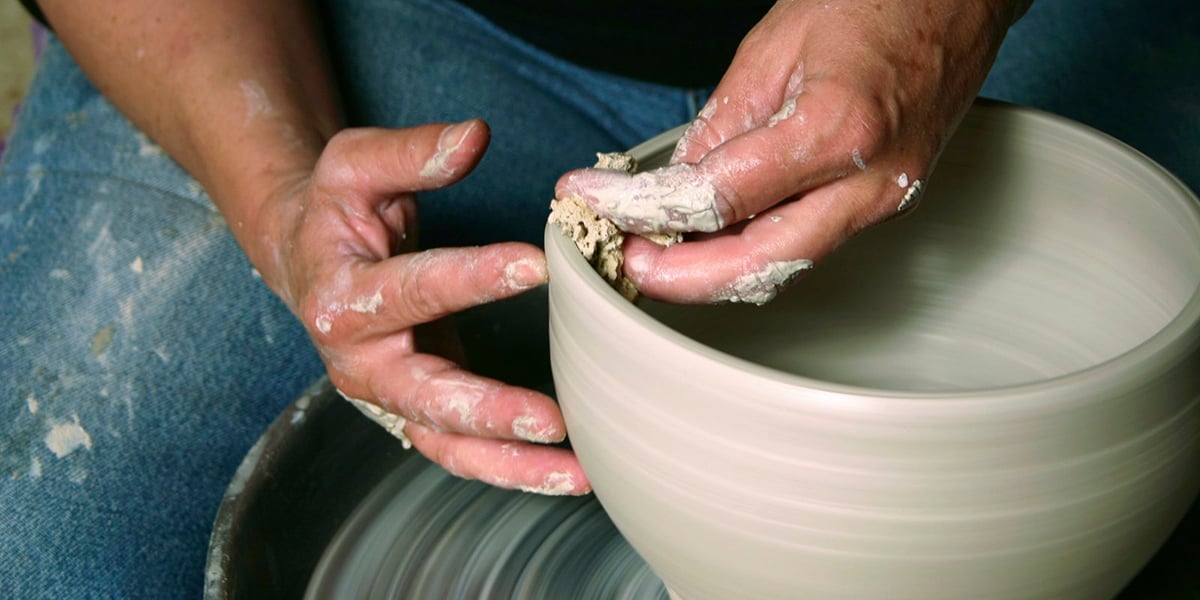Regina Caeli – Queen of Heaven, Rejoice!
The Regina Caeli, Latin for “Queen of Heaven,” is a hymn and prayer ...

This post is also available in: Spanish, Italian
Yes, we are called to holiness. But no, vocation is not a matter of a particular state in life. Holiness surely involves purity. Yet it does not include a prudish disdain for the body and the pleasures of ordinary human life.
To LISTEN to this post read by Dr. Italy, click on the play arrow on the left, directly below this paragraph.
When I was growing up, we were urged to pray for vocations. That meant to pray for more priests and nuns. After all, they were the ones especially called to leave behind marriage and normal life to do something beautiful for God . The rest of us ordinary lay folk had to figure out for ourselves what to do with our lives, what school to attend, who to marry, what job to get.
This was a misunderstanding that the Second Vatican Council was determined to clear up. It emphasized what St. Paul makes clear in I Corinthians 6 – that all Christians have a special vocation (Lumen Gentium, chapter 5).
But the very first call we have is not so much to do something, but to be something. Each one of us is called to be holy. And holiness is not to be identified with any particular state in life. Whether we are students, full-time moms, nurses or bishops, our daily activities furnish us with plenty of opportunities to grow in faith, hope and love. Holiness does not consist in being churchy or pietistic. Rather, sanctity is all about the perfection of love.
Of course, there are many students, moms, nurses and bishops who fail to become saints. Obviously then, the activities entailed in these particular vocations are not enough in themselves to make people holy.
Instead, people have to make a conscious decision not just once but each and every day to surrender their wills and their lives to God. This means allowing Him, the potter, to use their everyday activities to shape them as if they were clay in His skilled hands.
When we are baptized, we receive our vocation. From that moment onward, our lives are no longer our own. “It is no longer I who live,” says Saint Paul, “but Christ who lives in me. And the life I now live in the flesh I live by faith in the Son of God who loved me and gave his life for me” (Galatians 2:19b-20).
Like Samuel (I Sam. 3), we are dedicated wholly to God, set apart to glorify Him in every aspect of our being, including our bodies. His Spirit takes up residence within us. And so we become God’s dwelling place and acquire a new dignity.
The biblical insistence on sexual purity comes from no prudish disdain of sexual pleasure. Rather, it flows from the simple fact that we must treat our bodies with the reverence due to God’s temple (I Cor 6:13C-20). Clearly, we have no right to allow the temple of the Lord to be used as a means to a cheap thrill.
There is something else that we are all called to be – evangelizers. In baptism and confirmation, we are anointed, as was Jesus in his baptism. We are commissioned to be prophets who announce the Good News of the Gospel. Therefore, the call to bring others to Jesus is not limited to missionaries or those with an outgoing personality.
The Second Vatican Council is unequivocal about it – in both deed and word, each of us is called to be a witness. We are to proclaim that Jesus Christ is the Savior of the world. We are to make clear that he is the one who fulfills all the hopes and aspirations of every person on the face of the planet. It is not enough to preoccupy ourselves with getting to heaven. No, we are also called to do all we can to bring others along with us.
If we are all called to holiness and mission, what’s the use of priests and nuns?
Religious are a powerful sign to the world that holiness has to be everyone’s #1 priority. And deacons, priests and bishops have a special calling to equip us all for our missionary task. Without the nourishment they provide us through word and sacrament, we wouldn’t have the resources to grow in holiness or evangelize the world.
So we need to pray for those who have answered the call to ordination and religious life and pray for many more to answer this call.
But praying for vocations means more than this. Imagine if the billion or so Christians in the world took seriously their own baptismal vocation to be saints and witnesses. I think we’d see some changes!
For a related podcast, listen to POPE FRANCIS ON THE CALL TO HOLINESS.
This post centers on praying for vocations to holiness and mission. Thus, it stresses that all of us are called and chosen, that all have a vocation or calling from God. It reflects upon the readings for the second (2nd) Sunday in Ordinary Time, liturgical cycle B. I Samuel 3:3-10; Psalm 40, I Corinthians 6:13-15, John 1:35-42.
Banner/featured image of potter and clay by Sarah Vaughan on FreeImages. Public domain.
socrates
Posted at 17:13h, 30 JanuaryI thought this might be a foray into the church’s tradition of being firmly an enemy of eros but I was mistaken. The title was misleading. It may have inadvertently reinforced the same tradition.